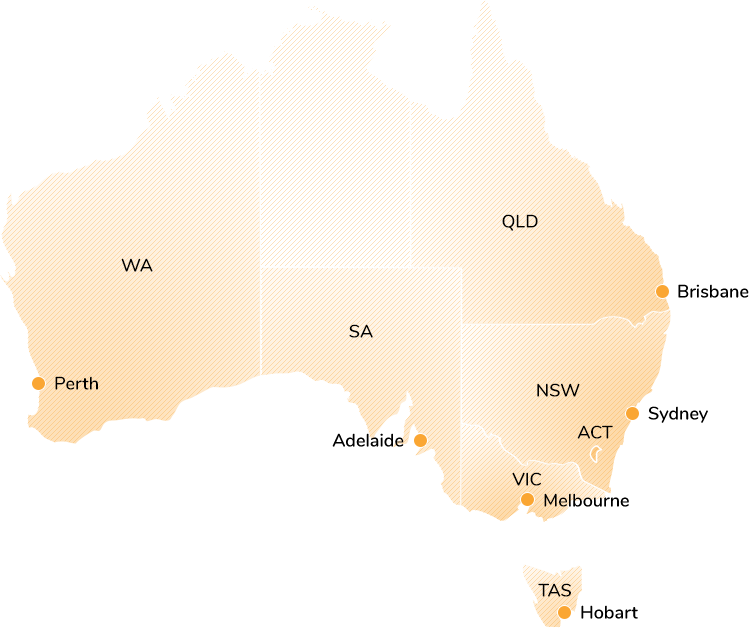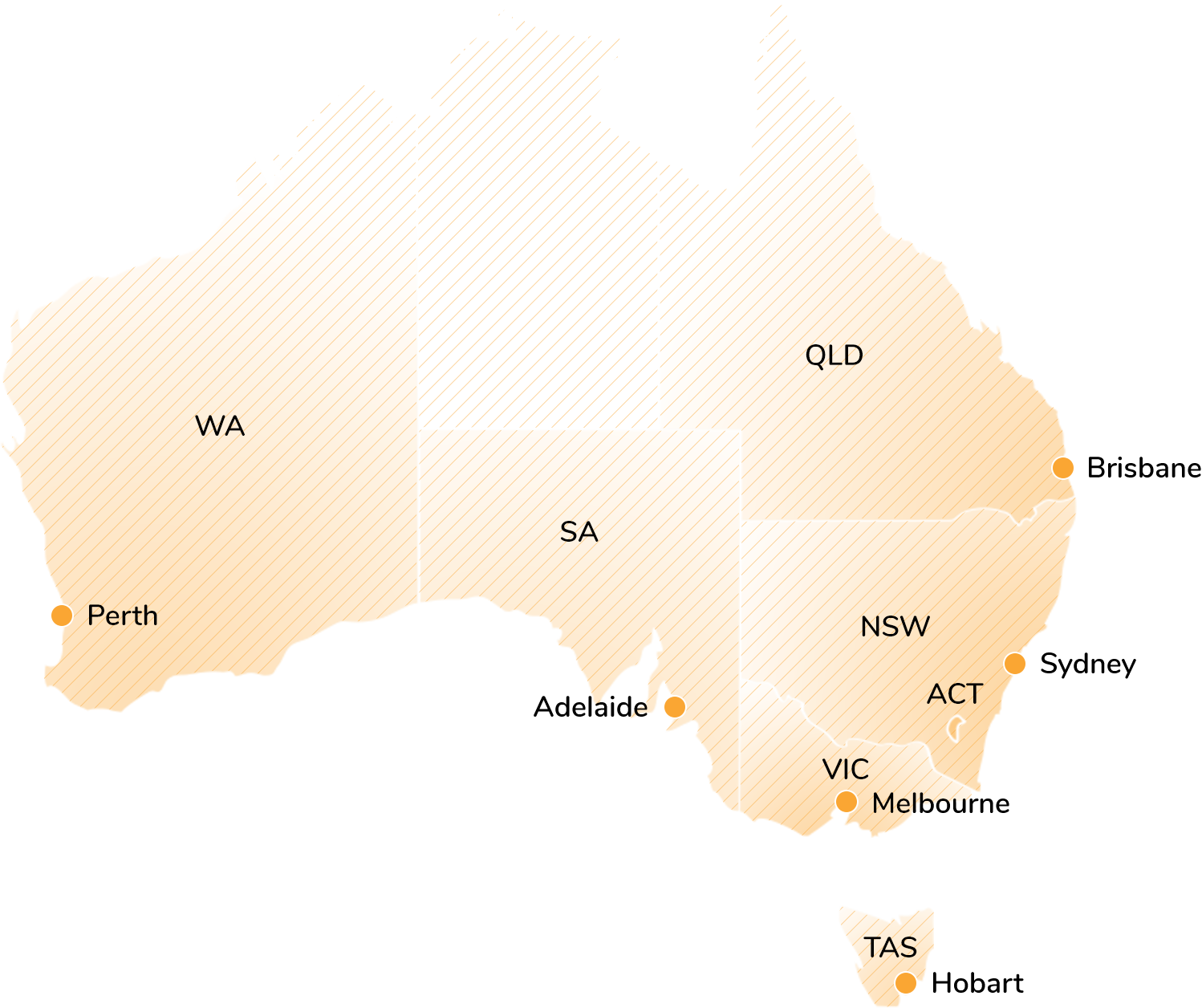Positive Behaviour Support in Adelaide: Meet PBS practitioner Shvan Mohammed

Positive Behaviour Support in Adelaide is now easier to access! We’re grateful to be supporting more communities throughout Australia, with recent expansion into Victoria, South Australia, Tasmania and Western Australia.
Shvan Mohammed joins us in South Australia, supporting NDIS participants in the northern suburbs of Adelaide such as Blair Athol, Prospect, Salisbury, Tea Tree Gully, Elizabeth, Playford, and Gawler. Shvan holds tertiary qualifications in education and psychology and brings to our team extensive knowledge and experience supporting individuals with disabilities. Shvan speaks English and Kurdish (Sorani and Kurmanji) fluently and is semi-fluent in Arabic and Persian languages.
Meet Shvan Mohammed, Behaviour Support Practitioner in Adelaide
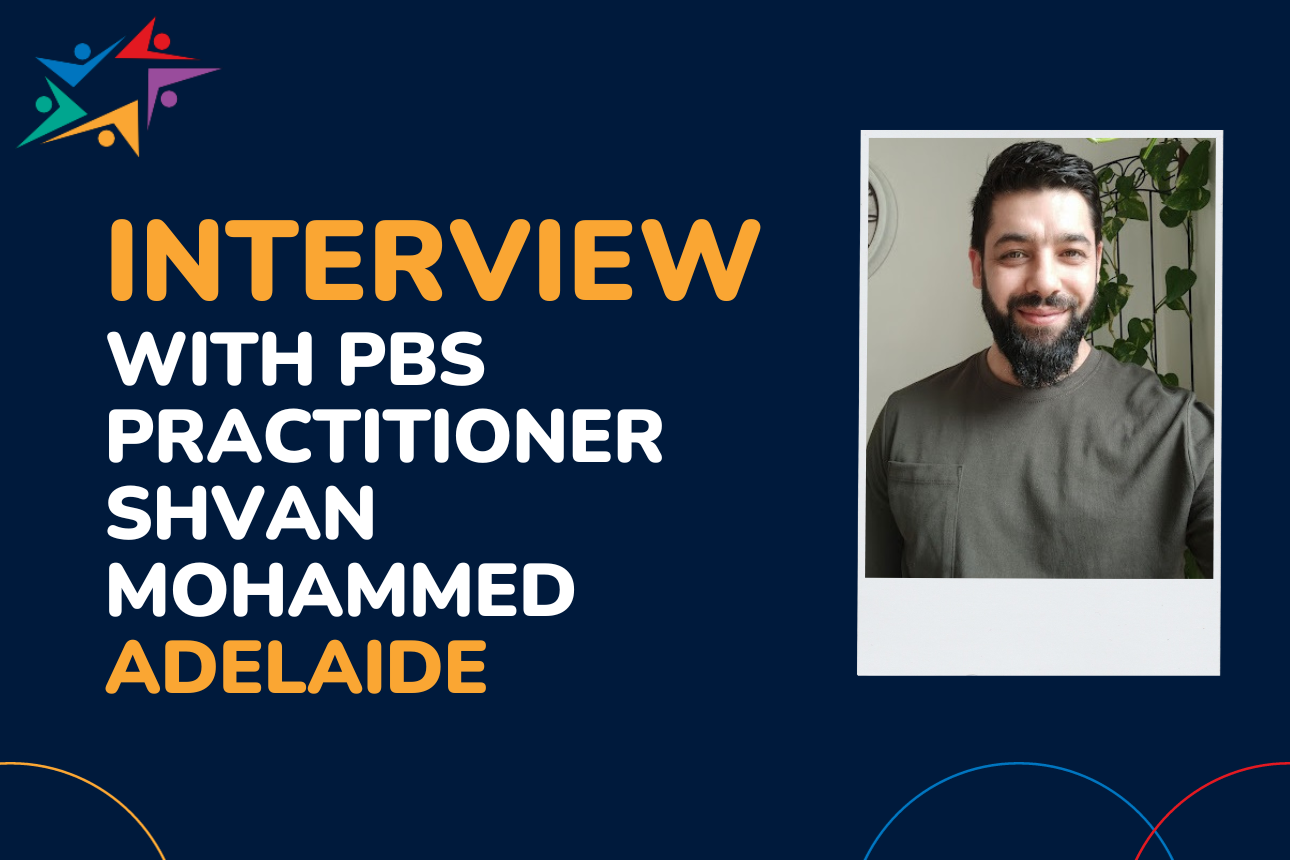
Shvan, it’s wonderful to have you on our team in Adelaide! Tell us about you.
I am thrilled to be part of the Ability Consultants team in Adelaide!
A bit about me—I earned my BA in Education and Psychology in 2011, and later pursued a Master's in Education with a focus on Cognitive Psychology and Educational Practice, which I completed in 2018.
My passion revolves around understanding human behaviour, particularly the interplay between emotional intelligence and learning. I also enjoy learning not just as a professional development requirement but as a personal joy. Currently, I am pursuing a Graduate Diploma of Psychology Advanced at Monash University, furthering my commitment to ongoing education.
Outside of work, I cherish spending quality time with my beautiful daughters. Whether we're exploring the neighbourhood, enjoying the playground, or tending to our backyard garden, those moments are truly special to me.
What inspired you to pursue a career in Positive Behaviour Support?
My inspiration to pursue a career in Positive Behaviour Support (PBS) stems from a deep-seated passion for understanding behaviour, a passion that took root during my early academic years in psychology. This passion became even more profound when a family member, my nephew, was diagnosed with Autism Spectrum Disorder (ASD). Witnessing the challenges he faced ignited in me a strong desire to improve his quality of life and alleviate the challenges faced by his family.
Dr. Stephen Shore's words, "If you’ve met one person with autism, you’ve met one person with autism," resonated with me. It highlighted the individuality of each person's experience with ASD.
PBS, with its individualised and comprehensive approach, stood out as a scientifically proven method to enhance quality of life, minimise challenging behaviours, and introduce new ways of behaving. This realisation fuelled my commitment to a career in Positive Behaviour Support, driven by the genuine belief in its effectiveness and the positive impact it can have on individuals and their families.
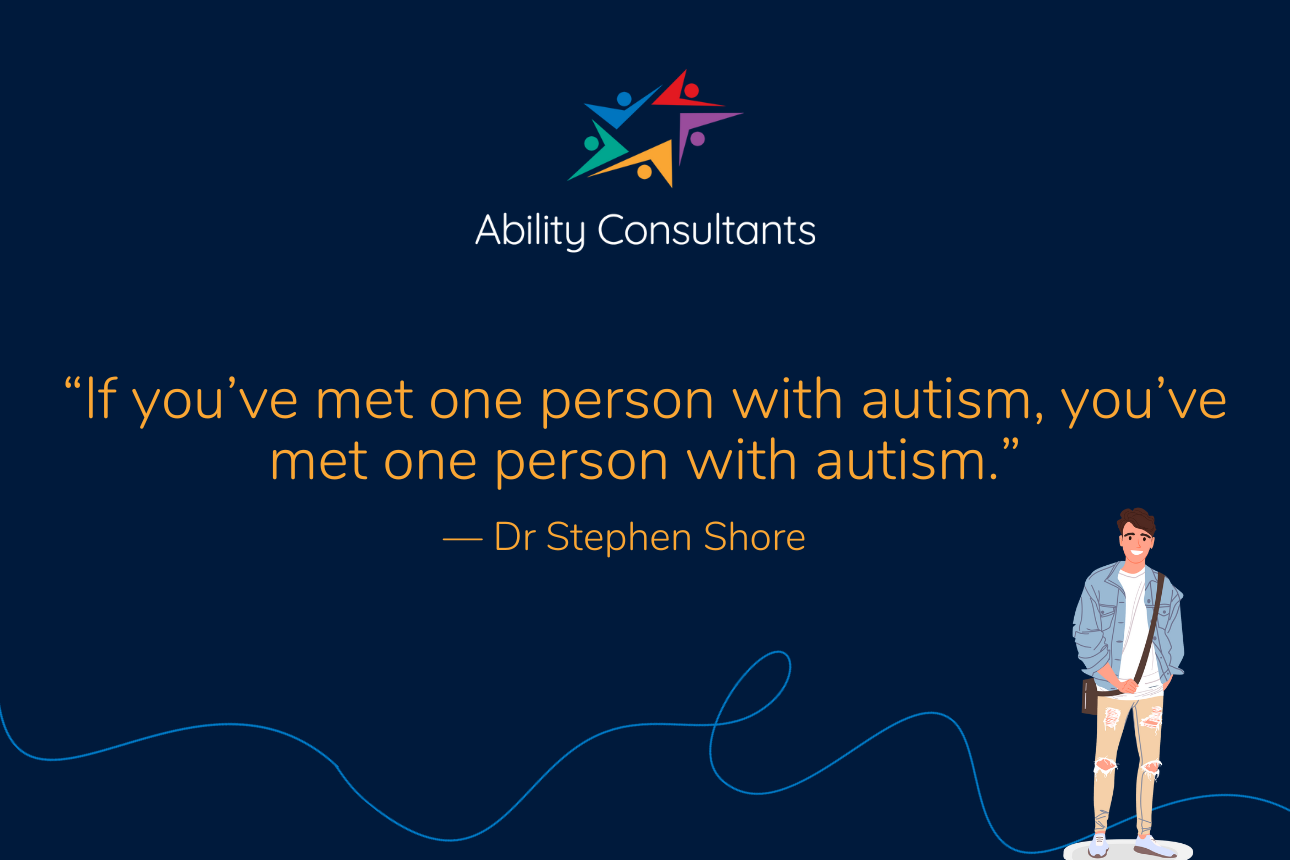
You’ve completed a Bachelor of Education and Psychology as well as a Master of Education, with a focus on Cognitive Psychology and Educational Practice. Tell us about Educational Psychology: what is it and can it be applied in an educational setting?
Educational Psychology is a field that focuses on understanding how individuals learn and develop within educational settings. It involves applying psychological principles and theories to enhance the teaching and learning process. Educational Psychology has practical applications in various educational settings, including schools, colleges, and training programs. Key areas include:
- Cognitive Development: Examines how individuals acquire, process, and retain information.
- Motivation: Investigates factors influencing an individual’s motivation to learn.
- Social and Emotional Development: Explores the impact of social and emotional factors on learning and behaviour.
- Individual Differences: Addresses diverse learning needs, including those of students with disabilities or exceptional abilities.
- Assessment and Evaluation: Focuses on designing effective assessments and evaluating educational interventions.
How do your qualifications in Educational Psychology influence your work as a behaviour support practitioner?
My qualifications in Educational Psychology significantly enhance my work as a behaviour support practitioner. These bring a nuanced understanding of how individuals learn, process information, and respond to various instructive approaches. This knowledge is invaluable in tailoring behaviour support plans, considering cognitive and emotional factors that may influence behaviour.
My background enables a comprehensive approach, aligning with evidence-based strategies from Educational and Psychological principles to create effective interventions. The insights gained from my academic background contribute to a more personalised and holistic approach to supporting individuals, ensuring that behaviour support strategies are not only effective but also mindful of the learning context to improve quality of life.
You have extensive experience supporting individuals with disabilities, can you tell us three things you have learnt through this experience?
Certainly! Here are three key insights I've gained through my experience supporting individuals with disabilities:
- Unique world views: Every individual, regardless of their abilities, possesses a unique world view. Understanding and respecting this individuality is crucial in tailoring support strategies that align with their specific needs and preferences.
- Empathy as a key: Empathy emerges as a cornerstone in effective support. Connecting on an emotional level fosters trust and meaningful relationships, paving the way for more impactful and person-centred assistance.
- Basics of human rights: Acknowledging and advocating for the basic human rights of individuals with disabilities is not only a professional responsibility but a deeply meaningful endeavour. Ensuring their rights to dignity, inclusion, and equal opportunities underpins the essence of ethical and effective support.
Any secret skills that help you in your work?
I believe that humility is a secret skill that significantly contributes to my effectiveness in the workplace. It allows me to approach challenges with an open mind, be receptive to feedback, and continuously learn and grow. Humility fosters collaboration, encourages a positive work environment, and enables me to connect genuinely with individuals I support. It's a quiet strength that promotes empathy and understanding, essential qualities in any role that involves working closely with people.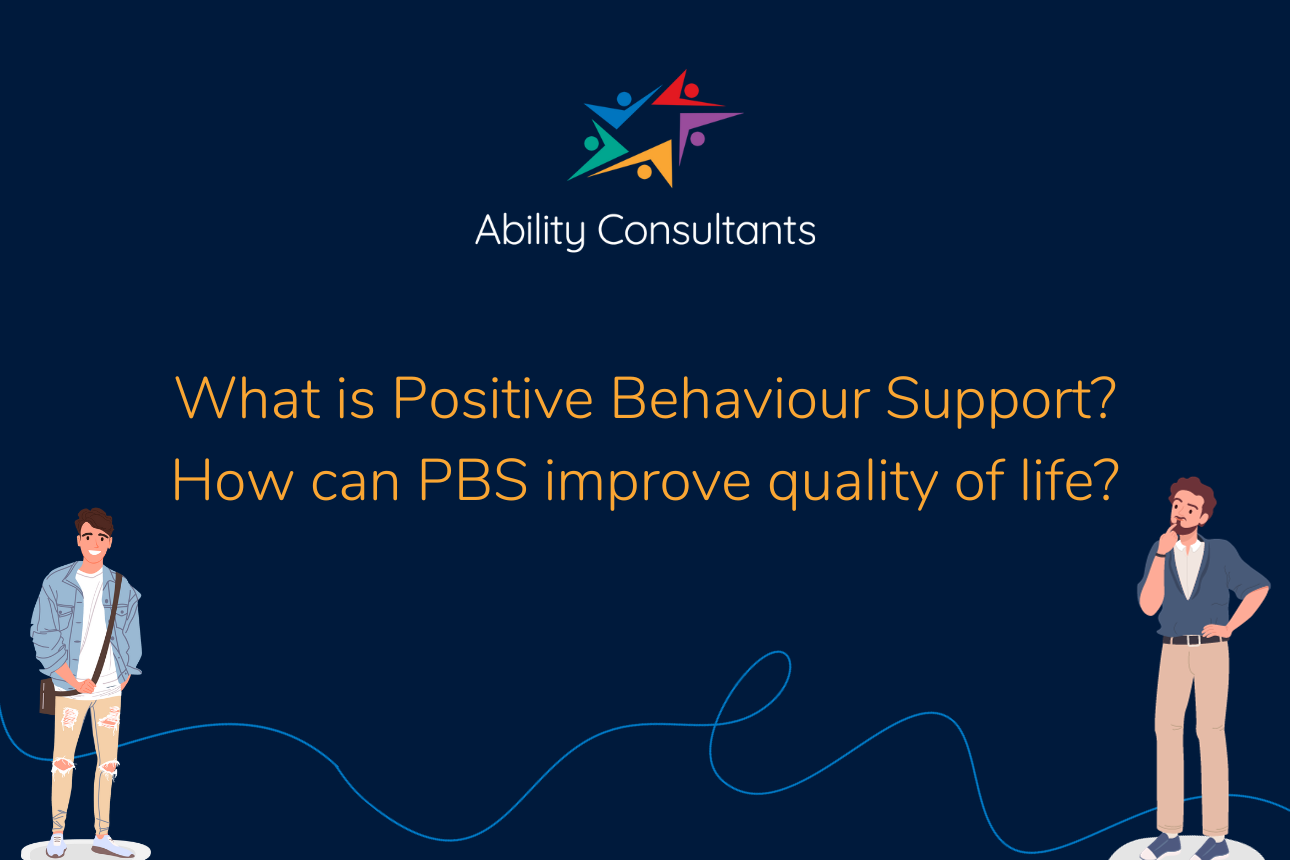
Positive Behaviour Support in Adelaide
How would you describe Positive Behaviour Support (PBS) to people who might not have heard of PBS?
PBS is an approach that centres on comprehending and addressing the root causes of challenging behaviours. It strives to understand why behaviours of concern occur, employing a person-centred, evidence-informed approach that prioritises respect, ethics, and the preservation of an individual's dignity. Through the application of PBS, we can enhance an individual's daily living and relationships. This approach empowers individuals, caregivers, and support networks to collaboratively cultivate a more meaningful and fulfilling life, placing emphasis on proactive and positive interventions rather than reactive or punitive measures.
Can you tell us how you have seen Positive Behaviour Support improve a person’s life?
Let's consider an individual diagnosed with Autism Spectrum Disorder (ASD). Through the implementation of Positive Behaviour Support (PBS), I have witnessed remarkable improvements in their life.
For someone with ASD, PBS can address challenging behaviours by identifying and understanding the underlying triggers. By employing person-centred strategies that focus on the individual's strengths and preferences, PBS helps create an environment conducive to their well-being. This might involve implementing structured routines, incorporating sensory supports, and fostering effective communication methods.
The outcomes often include enhanced social interactions, improved communication skills, and a reduction in behaviours of concern. As a result, the individual experiences a higher quality of life, with increased independence, meaningful relationships, and greater participation in daily activities. PBS not only transforms behaviour but also empowers individuals with ASD to lead fulfilling lives tailored to their unique needs and strengths.
In your role as a behaviour support practitioner in Adelaide, do you tend to focus on a specific diagnosis or demographic?
While it's apparent that my fascination often draws me towards working with individuals with Autism Spectrum Disorder (ASD), as a behaviour support practitioner in Adelaide, our services at Ability Consultants are inclusive and available to all individuals seeking support to enhance their quality of life. We are supported by more than 130 experienced clinicians across Australia, allowing us to provide personalised and effective assistance across diverse diagnoses and demographics.
How important is empathy in Positive Behaviour Support?
Empathy is pivotal in Positive Behaviour Support (PBS), shaping the process and outcomes. It fosters understanding, builds trust, and guides the development of tailored interventions. By recognising individual needs and promoting dignity, empathy contributes to a more meaningful and holistic approach. In short, empathy in PBS is not just a trait but a fundamental aspect that enhances overall well-being.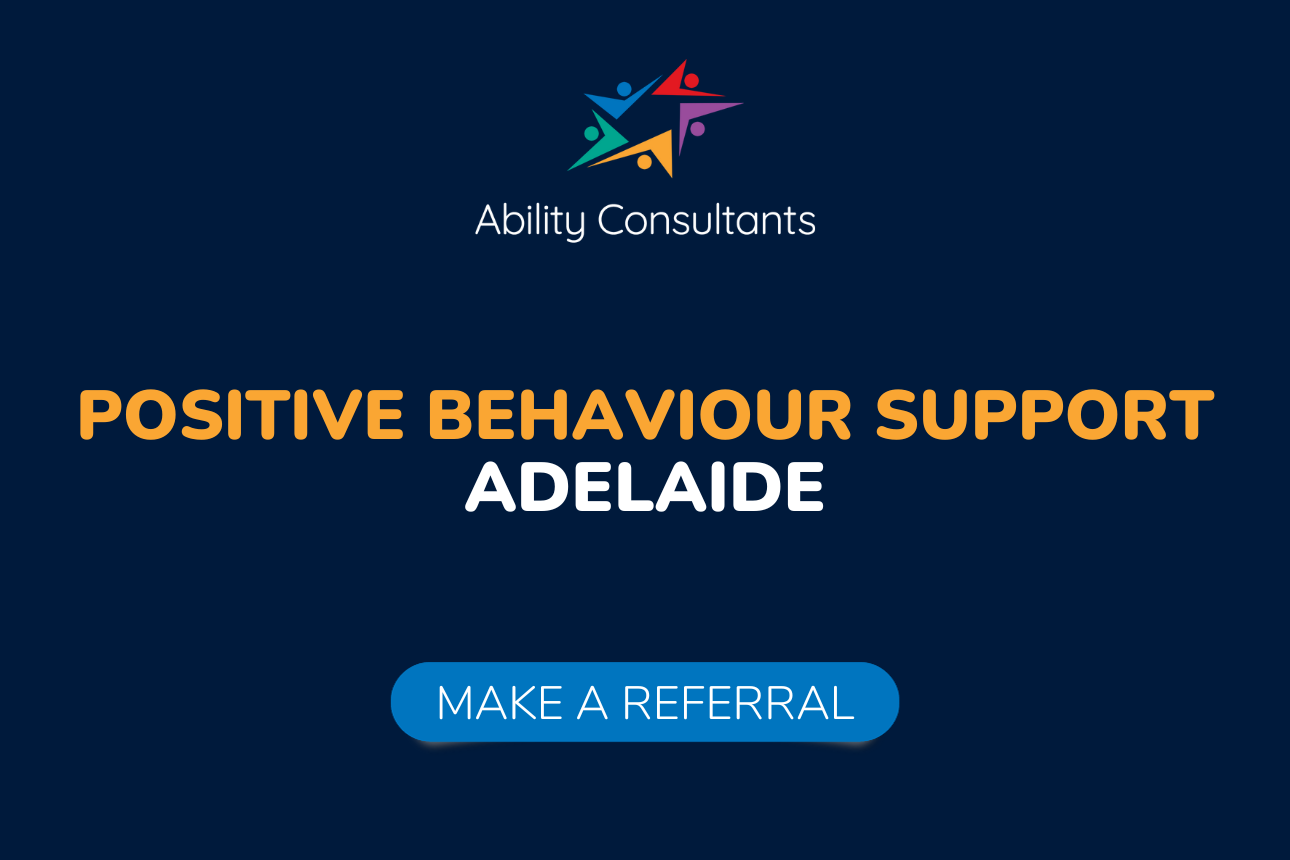
Make a referral for Positive Behaviour Support in Adelaide
Where do you provide support in Adelaide?
I am based in Para Hills and provide support services throughout Adelaide, particularly focusing on the northern suburbs. As per NDIS regulations, I can offer services within a 30-minute billable travel radius. However, I am open to travelling even further, including the Barossa Valley and certain regional areas of South Australia, if required. For locations beyond the standard radius, it involves longer associated travelling costs.
Accessing NDIS services can be challenging at times — what’s your current wait time in North Adelaide?
Currently, our wait time for accessing NDIS services in Northern Adelaide is minimal, and we have immediate capacity to accept new clients.
How can NDIS participants in Adelaide get started with Positive Behaviour Support?
The first step is to make a referral on our website, which you can do anytime. If you have any questions about Positive Behaviour Support in the northern suburbs of Adelaide, you’re more than welcome to get in touch online or by calling us on 1300 694 625.
Life in Adelaide
Can you tell us about your favourite accessible recreation site or activity in Adelaide?
One of my favourite accessible recreation sites in Adelaide is the St Kilda Adventure Playground. This award-winning destination caters to both children and adults, offering a diverse range of activities. It's particularly enjoyable for individuals with Autism Spectrum Disorder (ASD) as it provides sensory experiences. The playground features a variety of activities, including sliding, sand play, and water play, creating a diverse and inclusive experience for visitors of all abilities. It's worth noting that individuals with autism who are sensation-seeking, having a high tolerance for stimulation, can derive pleasure from these sensory-rich activities.
About Ability Consultants
Ability Consultants is an NDIS provider, supporting communities throughout Australia through life-changing Positive Behaviour Support and psychology support. Our team is located in New South Wales, Queensland, Victoria, Tasmania, South Australia, the ACT and Western Australia.
Click here for more information about us.
Positive Behaviour Support resources
- What is Positive Behaviour Support?
- What is a Positive Behaviour Support Plan?
- Which NDIS funds can I use for Positive Behaviour Support?




